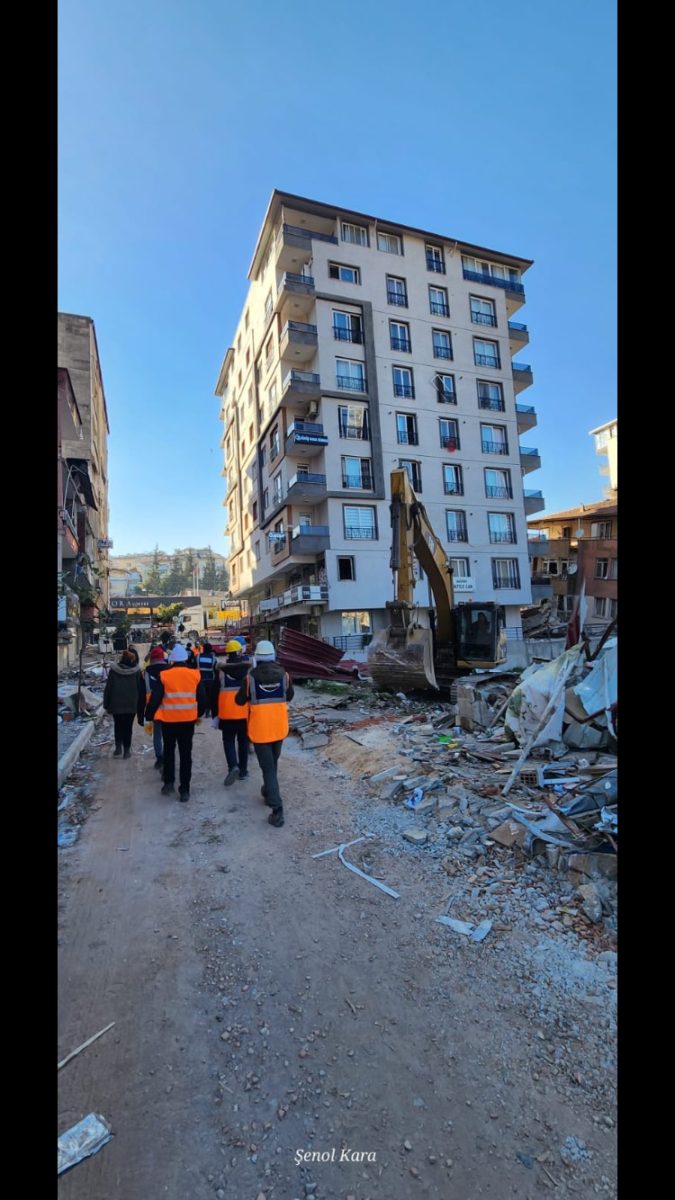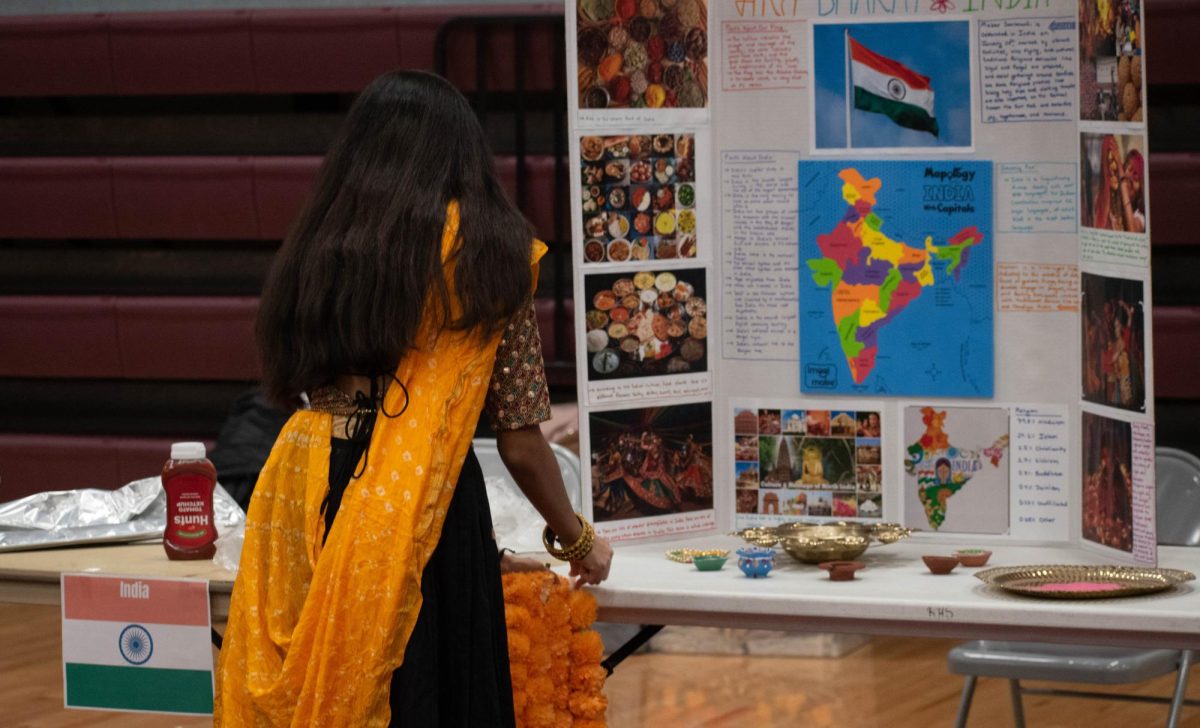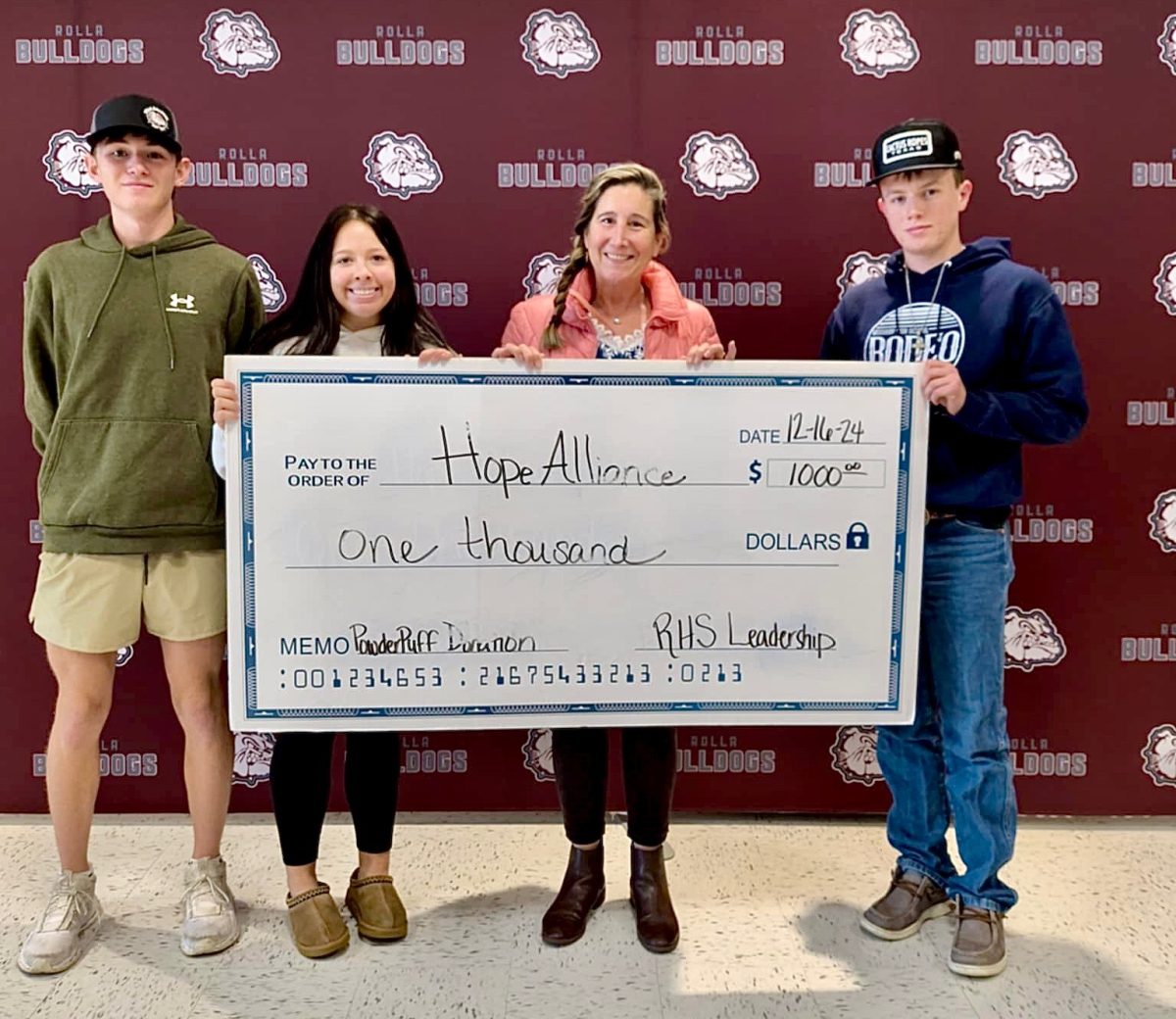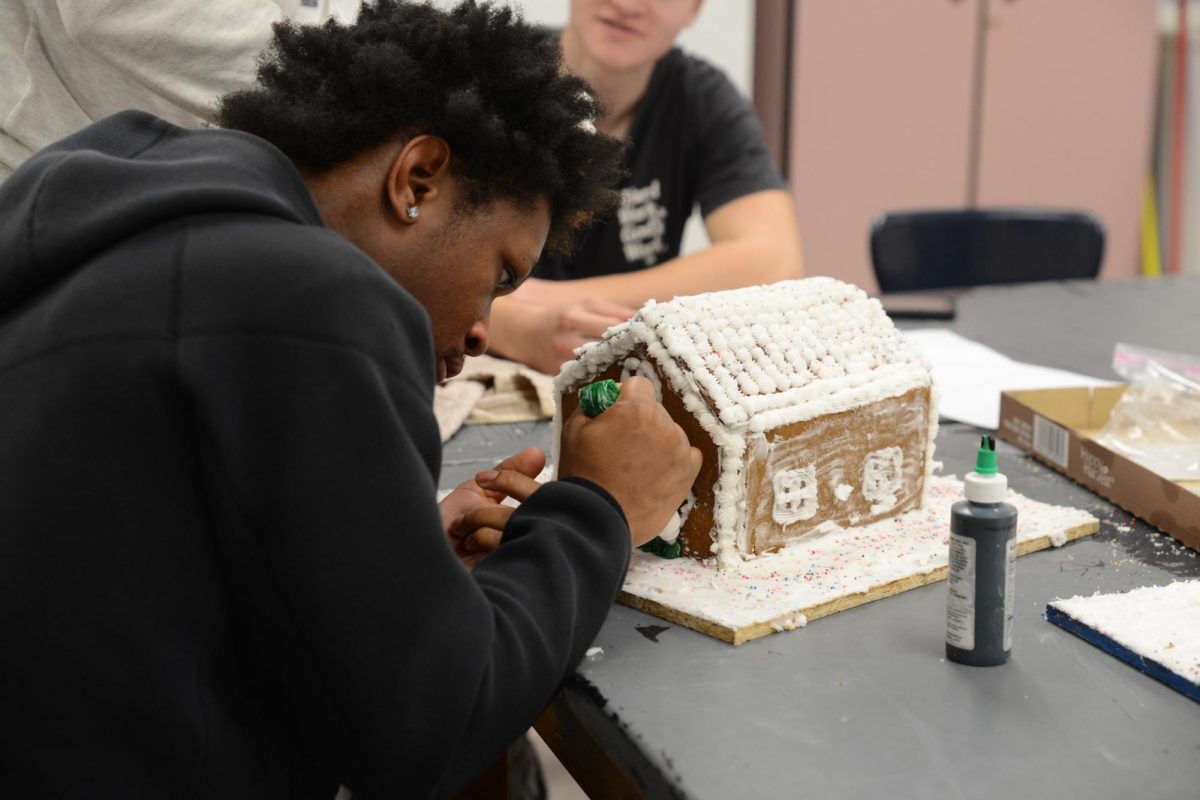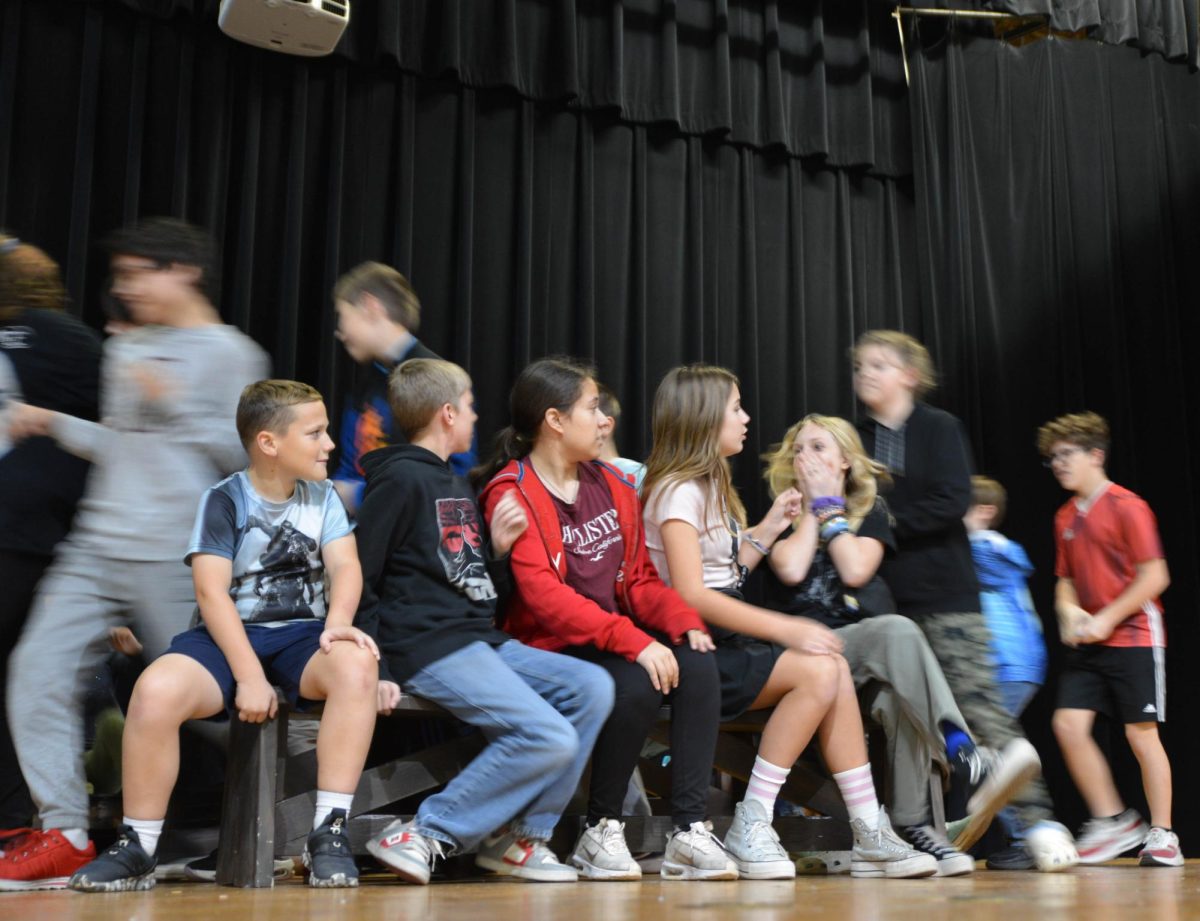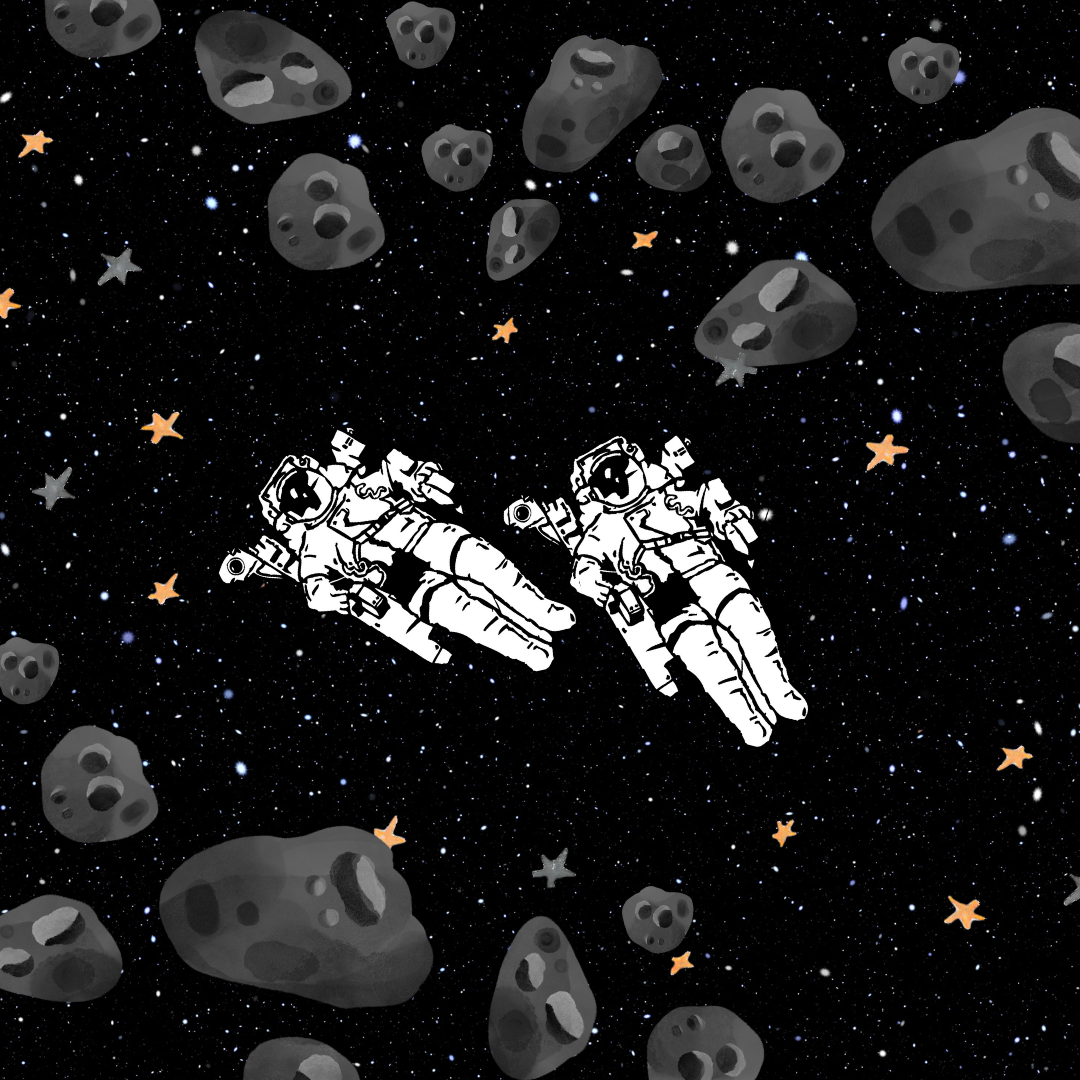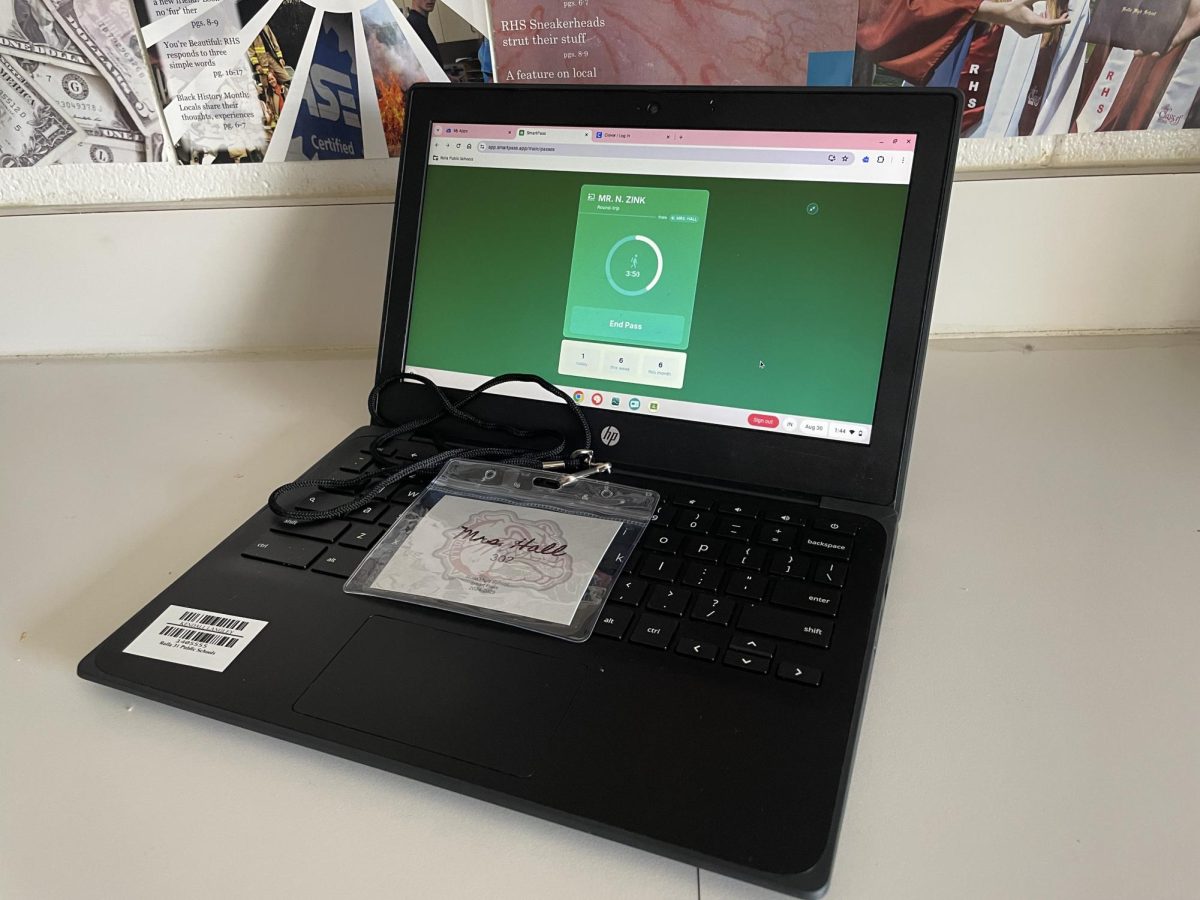Breaking news: Thousands of people have died and thousands more have been injured. Cities have been in ruins from the residual debris and flooding.
In recent years, there has been a sharp increase in natural disasters and their lasting impacts on communities worldwide. Two recent large-scale disasters include the floods in Libya on Sep. 10 and 11 and a 7.8 magnitude earthquake in Turkey in early Feb. of this year. Though these events seem far away for most in our community, a handful of Rolla High School students and staff have faced the effects of these disasters, leaving a lasting impact on their lives and everyday routine.
Sophomore Yagoot Algraiw has been impacted by the Libya floods and is educating herself about her country’s tragedy.
“In Derna, a northeastern city in Libya, there was flooding, and due to the flooding, about a quarter of the population [of Derna] is dead. Many are still missing and not only has it impacted everybody in Libya, but it also has impacted a lot of people from different countries…” explained Algraiw in the days following the flooding. Although the mortality rate is unclear, the UN and organizations in Libya are working together to estimate the increasing toll. According to a Sep. 17 CNN report, “The UN is now stating that at least 3,958 people have died across Libya due to flooding, citing the UN World Health Organization (WHO). The revised report also states that more than 9,000 people are still missing.”
Similar to Algraiw, Paraprofessional Havva Malone elaborates on the earthquakes her home country of Turkey had experienced.
“It was a big-scale earthquake that included eleven cities,” said Malone.
Even eight months after the earthquake, Turkey is still working to build their country together despite the numerous challenges that have arisen from this crisis. Volunteer organizations like the Disaster and Emergency Management Authority (AFAD) have traveled from Turkey and beyond to help the disaster relief efforts. Malone is in contact with her brother, who is one of the AFAD volunteers who collaborated with the primary rescue team to find trapped individuals. Malone recalls the critical moments following the earthquake.
“Because of the scale of the damage, a secondary crew of volunteers-rescuers, including my brother, were called in to work in the evening, but their airplane did not take off until the next morning. They lost precious time. Then they couldn’t land because the nearby airports were destroyed or too crowded,” said Malone.
Each volunteer team was delegated specific tasks to help the population recuperate from the unprecedented crises.
“My brother said they were only given a flashlight. Their job was to go around buildings and ask, ‘Can anyone hear me?’ When they heard a sound, [the volunteers would] go get the primary rescue team. Soon, their job became putting people who lost their lives into body bags,” explained Malone.
Even though these disasters occurred thousands of miles away, the emotional response still carried over to local individuals and families.
“In the beginning, I felt a lot of guilt because I didn’t necessarily have a really big emotional reaction. I just felt nothing for the first few days. The first day when I really felt emotional about it [was when] I was sitting down after getting home from school and I was watching the news. There were young men who looked like they just started their lives. Everybody was crying,” said Algraiw. “I think that’s when I really realized how bad this event was, and that really started affecting me emotionally. Now in school sometimes memories of this kind of thing will flash, even if I was in a generally good mood that day.”
Communicating long distance during these periods is challenging, but Algraiw and her family intend to make small but meaningful contributions to help the Libyan citizens.
“They’ve closed down schools and everything, every family there is helping in any way that they can. We don’t really have any form of contacting people or sending them mail to help them but we hope that if any opportunity arises, we will help in any way that we can,” elaborated Algraiw.
Being well-informed about these devastating events is the first step to make a change and support the impacted individuals. Malone has offered multiple outlets for anyone to contribute to help reshape communities after natural disasters.
“They [students] can follow events in the news so they will be more informed. They can show their concern to people who might be affected by the disaster simply by asking how they are doing. They can make donations online to reputable organizations,” said Malone.



